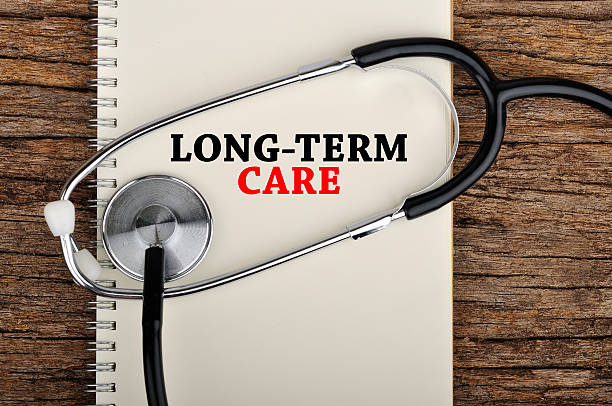Committee fails to repeal unpopular, long-term-care payroll tax

Instead of working to repeal a horribly flawed law Democrats supported in 2019 and now lawmakers on both sides of the aisle have agreed is broken, the House Appropriations Committee has voted to push along two bills that simply delay the law by 18 months and make a few eligibility tweaks. That means W2 workers who were expecting payroll deductions this month to fund another government program — one that many people don’t want and may never get to use — are one step closer to seeing their paychecks remain free of the taking until July 2023. The bills still need to pass the full House and Senate.
Hold your excitement. While getting to keep more of the money you earn is a good thing, all this move might do is kick the choice-limiting, budget-hampering, regressive tax of 58 cents per $100 of income down the road. The long-term-care program that the state government has mandated will be just as bad of an idea in 18 months as it is today. (Read about the shortcomings of this law in my opinion pieces here and here.) And if these two bills get all the way through the legislative process this session, we’re not likely to see consideration of several repeal bills filed or meaningful progress on long-term-care funding needs.
This law is bad policy. It creates false security while it burdens family budgets. The more people hear about it, the louder the chorus expressing disappointment or outrage gets.
To try to quiet the chorus, lawmakers are promising to "fix" the law and delay the tax. The chosen timeline of 18 months pushes the disappointment of lower paychecks out beyond the next election.
As of last month, 462,761 people had applied to opt-out of the long-term-care fund under a narrow ability to do so. The avalanche of exits would have been even higher if the state had let workers know they could leave while there was still time. Instead, workers were kept in the dark.
Unfortunately, the bills that passed the House Appropriations Committee today offer little more than damage control.







